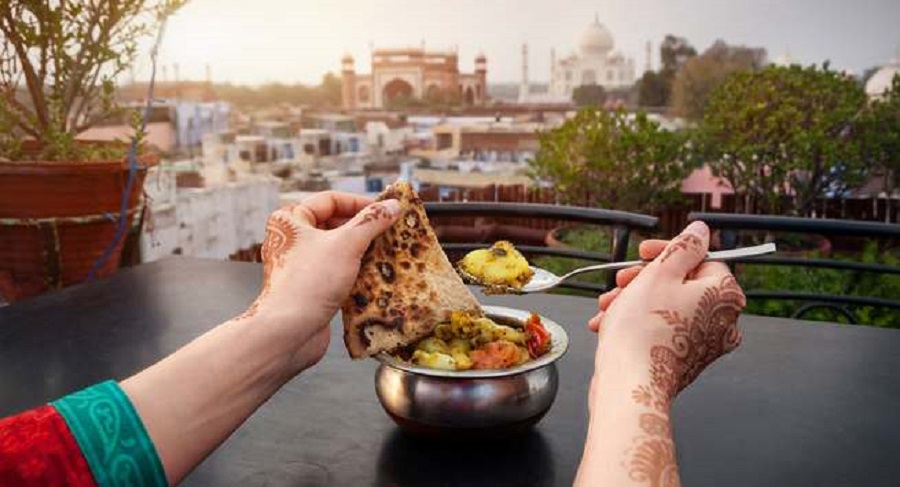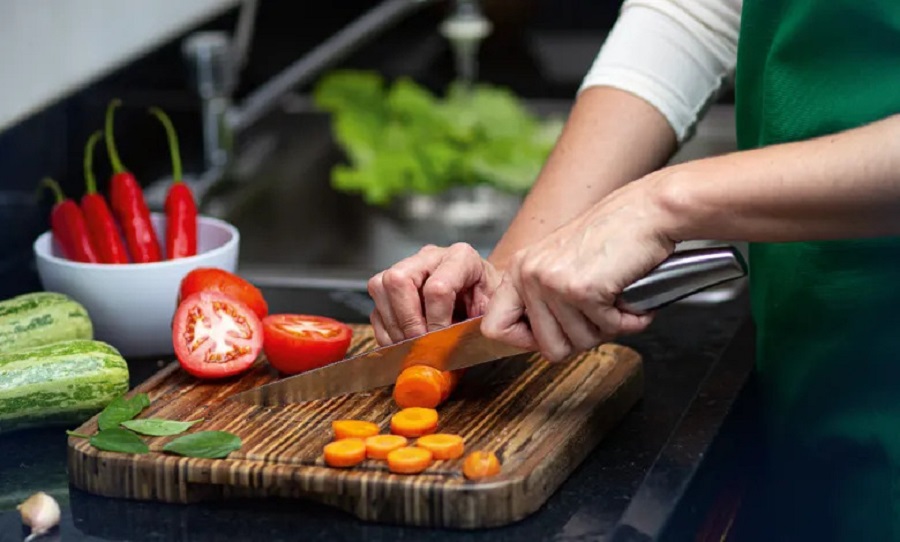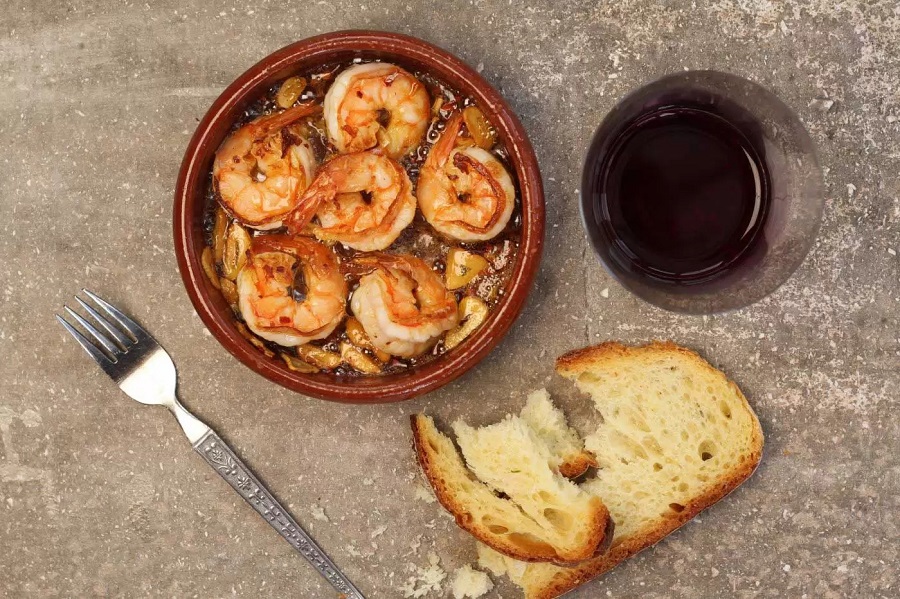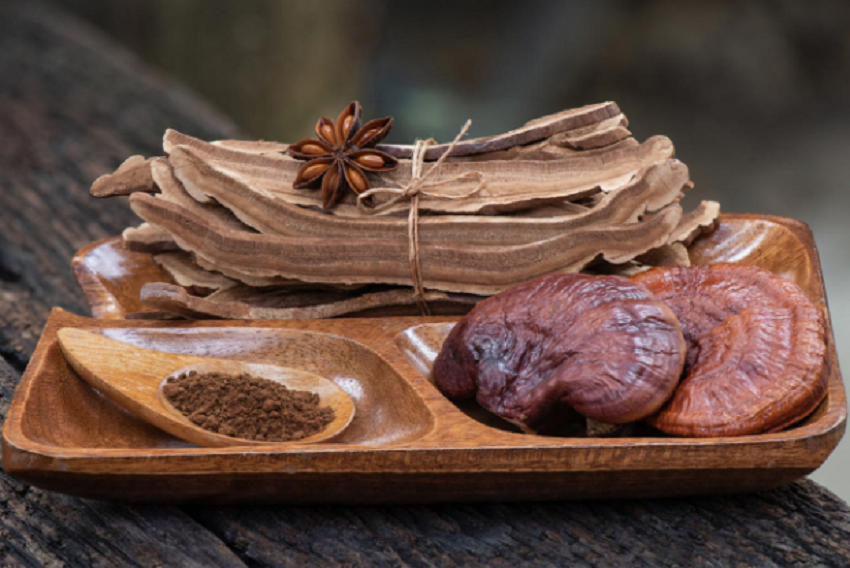Traveling is a great way to explore new places, experience different cultures, and create unforgettable memories. However, it’s easy to fall into the trap of indulging in local delicacies and street food, sometimes resulting in an upset stomach or worse. In this article, we’ll explore what not to eat when traveling to ensure you stay healthy and enjoy your trip to the fullest.
Traveling to a new place means trying new food and exploring the local cuisine. However, it’s essential to be mindful of what you eat, especially when you’re in a foreign country with unfamiliar food and hygiene standards. Eating the wrong food can ruin your trip and leave you feeling unwell.
High-Risk Foods

Raw or Undercooked Meat and Seafood
One of the biggest risks of foodborne illness is eating raw or undercooked meat and seafood. Raw meat, such as sushi or tartare, can contain harmful bacteria like Salmonella, E. coli, and Listeria. Undercooked meat, like rare steak or burgers, can also contain these bacteria and increase your risk of food poisoning.
Street Food
Street food is one of the highlights of traveling, but it can also be a source of foodborne illness. Food vendors may not have access to proper refrigeration or hygiene facilities, which increases the risk of contamination. It’s best to avoid street food, especially if it’s been sitting out for a while.
Tap Water and Ice
Drinking tap water and consuming ice made from tap water can be a source of illness. Many countries have different water treatment standards, and the water may contain harmful bacteria or parasites. It’s best to stick to bottled water and avoid ice unless you know it’s been made with filtered water.
Unpasteurized Dairy Products
Unpasteurized dairy products like cheese and milk can contain harmful bacteria like E. coli, Salmonella, and Listeria. It’s best to avoid unpasteurized dairy products, especially in countries with poor hygiene standards.
Fruits and Vegetables
Fruits and vegetables are generally safe to eat, but it’s essential to wash them thoroughly to remove any dirt, bacteria, or pesticides. Eating unwashed produce can increase the risk of foodborne illness.
Tips for Staying Healthy While Traveling
Research Local Food and Hygiene Standards
Before traveling to a new place, research the local food and hygiene standards. Find out which foods are safe to eat and which are not. Check if the water is safe to drink, and if not, find out where you can buy bottled water.
Choose High-Quality Restaurants
Choose restaurants that have high-quality standards and good hygiene practices. Look for clean and tidy restaurants with good reviews from locals and tourists.
Cook Your Food
Cooking your food is one of the best ways to ensure it’s safe to eat. If you’re staying in an Airbnb or hotel with a kitchen, consider cooking your meals. This way, you can control what goes into your food and how it’s cooked.
Carry Hand Sanitizer
Carry a bottle of hand sanitizer with you at all times. Use it before and after eating to reduce the risk of contamination. It’s also a good idea to wash your hands regularly with soap and water.
Pack Snacks
Pack snacks like nuts, granola bars, and dried fruit to keep hunger at bay and reduce the temptation to eat unhealthy or risky foods.
Conclusion
Traveling is an incredible experience that allows us to explore new places, cultures, and cuisines. However, it’s important to be mindful of what we eat to avoid getting sick and ruining the trip. Raw or undercooked meat and seafood, street food, tap water, unpasteurized dairy products, and unwashed fruits and vegetables are some of the high-risk foods we should avoid. To stay healthy on the road, we can research local food and hygiene standards, choose high-quality restaurants, cook our food, carry hand sanitizer, and pack snacks.
Remember, it’s better to be safe than sorry. By being cautious and following these tips, we can enjoy our trip without compromising our health. Bon voyage!





